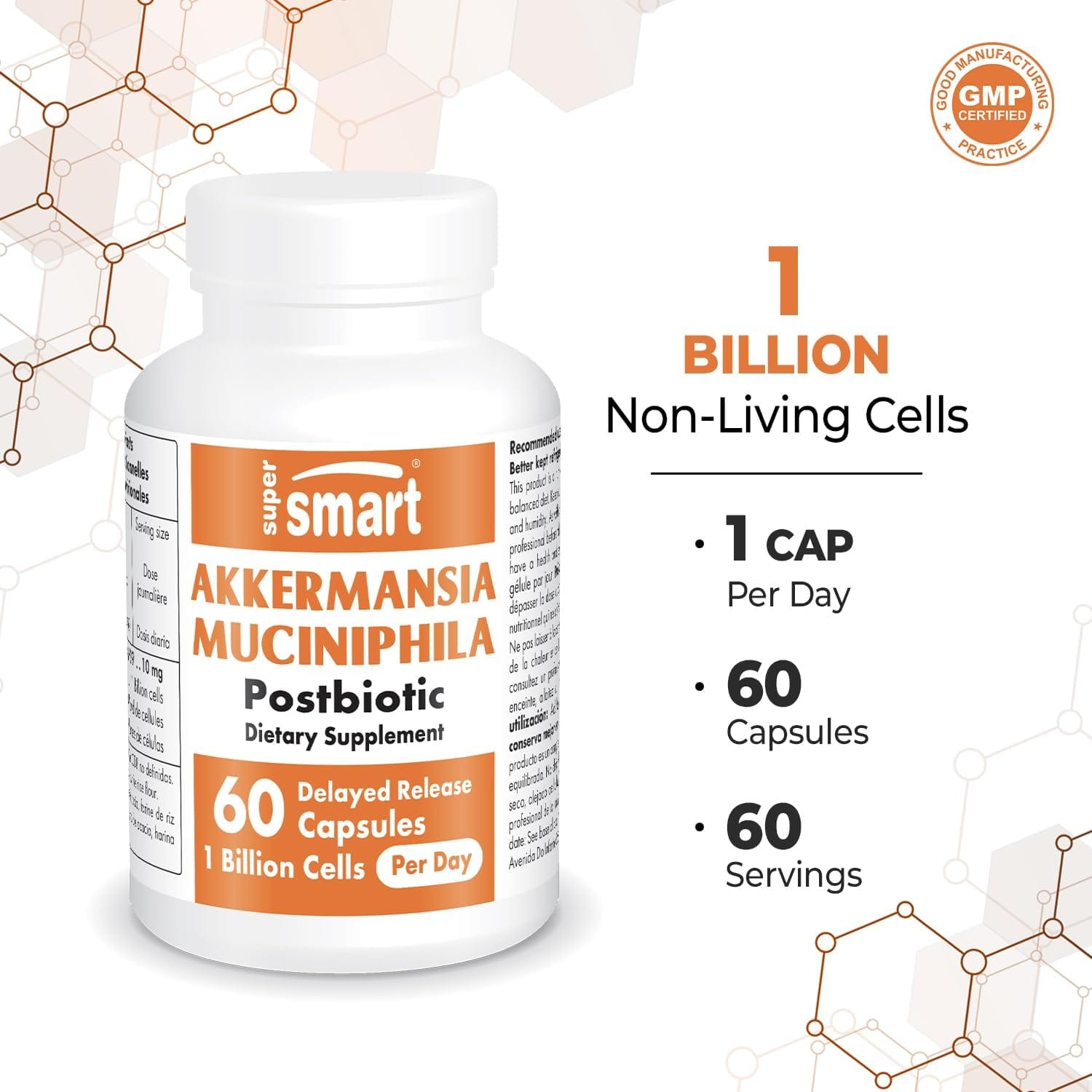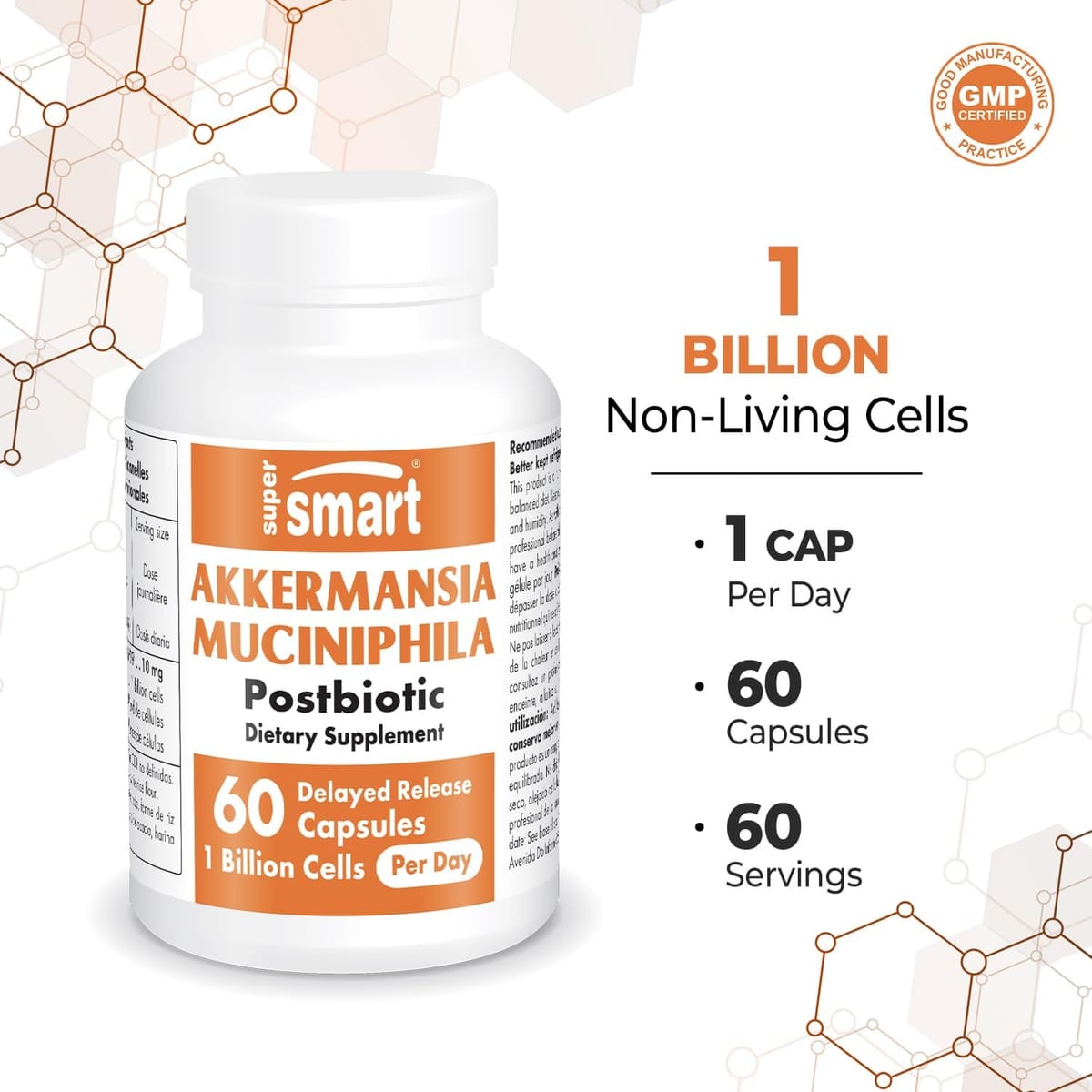Key Takeaways:
- Understanding the Basics: Probiotics are live bacteria, while postbiotics are the byproducts of these bacteria.
- Health Benefits: Both probiotics and postbiotics offer unique health benefits, including improved digestion and immune support.
- Choosing the Right Option: The choice between probiotics and postbiotics depends on individual health needs and conditions.
Introduction to Gut Health
In the bustling marketplace of health supplements, probiotics and postbiotics have emerged as the new kids on the block, each claiming to be the knight in shining armor for your gut. But what exactly are these biotics, and how do they differ? Let's dive into the nitty-gritty of these gut-friendly warriors.
What Are Probiotics?

Probiotics are live microorganisms that, when consumed in adequate amounts, provide health benefits to the host. Think of them as the friendly neighbors in your gut, always ready to lend a helping hand. These beneficial bacteria are found in fermented foods like yogurt, kefir, and sauerkraut, as well as in dietary supplements.
The Role of Probiotics in Digestive Health
Probiotics are often hailed as the champions of digestive health. They help maintain a healthy balance of gut bacteria, which is crucial for proper digestion and nutrient absorption. By keeping the gut flora in check, probiotics can prevent issues like diarrhea, irritable bowel syndrome (IBS), and even constipation.
Immune System Support with Probiotics

Beyond digestion, probiotics also play a pivotal role in bolstering the immune system. They act as the first line of defense against harmful pathogens, reducing the risk of infections. By enhancing the gut barrier function, probiotics ensure that your immune system is always on high alert.
What Are Postbiotics?
Postbiotics, on the other hand, are the metabolic byproducts of probiotic bacteria. Imagine them as the footprints left behind by probiotics, still carrying the essence of their creators. These compounds include short-chain fatty acids, enzymes, and peptides, which contribute to various health benefits.
The Benefits of Postbiotics

Postbiotics are gaining traction for their anti-inflammatory and antioxidant properties. They help reduce inflammation in the gut, which can alleviate symptoms of conditions like IBS and Crohn's disease. Additionally, postbiotics can enhance the gut barrier, preventing the leakage of harmful substances into the bloodstream.
Postbiotics and Immune Function
Similar to probiotics, postbiotics also support immune health. They modulate the immune response, ensuring that it is neither too weak nor too aggressive. This balanced approach helps in managing autoimmune conditions and allergies, making postbiotics a valuable addition to your health regimen.
Comparing Probiotics and Postbiotics

When it comes to choosing between probiotics and postbiotics, it's like deciding between apples and oranges. Both offer unique benefits, but their mechanisms of action differ. Probiotics introduce live bacteria into the gut, while postbiotics provide the beneficial compounds produced by these bacteria.
Probiotics for Digestive Disorders
For those grappling with digestive disorders, probiotics might be the go-to option. Their ability to restore gut flora balance can alleviate symptoms of IBS, diarrhea, and constipation. By promoting a healthy gut environment, probiotics ensure smooth digestive processes.
Postbiotics for Inflammatory Conditions

If inflammation is your primary concern, postbiotics could be the answer. Their anti-inflammatory properties can help manage conditions like Crohn's disease and ulcerative colitis. By reducing gut inflammation, postbiotics contribute to overall gut health and comfort.
Safety and Side Effects
Both probiotics and postbiotics are generally considered safe for most people. However, probiotics may cause mild digestive discomfort in some individuals, especially when first introduced. Postbiotics, being non-living, are less likely to cause such issues, making them a safer option for those with sensitive stomachs.
Choosing the Right Supplement

Selecting the right supplement depends on your health goals and current conditions. If you're looking to improve digestion and gut flora balance, probiotics might be your best bet. On the other hand, if you're dealing with inflammation or immune-related issues, postbiotics could offer more targeted benefits.
Incorporating Probiotics into Your Diet
Incorporating probiotics into your diet is as easy as enjoying a bowl of yogurt or sipping on some kefir. Fermented foods are rich in probiotics and can be a delicious addition to your meals. For those who prefer supplements, a wide range of probiotic capsules and powders are available on the market.
Adding Postbiotics to Your Routine

Postbiotics can be found in certain fermented foods, but they are also available as supplements. These supplements provide a concentrated dose of beneficial compounds, making it easier to reap the benefits of postbiotics without altering your diet significantly.
Real-Life Examples and Case Studies
Consider the case of Sarah, a 35-year-old with chronic IBS. After incorporating probiotics into her diet, she noticed a significant reduction in her symptoms. On the flip side, John, who struggled with Crohn's disease, found relief through postbiotic supplements, which helped manage his inflammation effectively.
The Future of Gut Health

As research continues to unfold, the potential of probiotics and postbiotics in promoting gut health becomes increasingly evident. Scientists are exploring new strains and compounds, aiming to unlock even more benefits for our digestive and immune systems.


Can I take probiotics and postbiotics together?
Yes, combining probiotics and postbiotics can provide a comprehensive approach to gut health, offering both live bacteria and their beneficial byproducts.
Are there any side effects of taking postbiotics?
Postbiotics are generally well-tolerated, with minimal side effects. However, it's always best to consult with a healthcare professional before starting any new supplement.
How long does it take to see results from probiotics or postbiotics?
Results can vary depending on individual health conditions and the specific supplement used. Some people may notice improvements within a few days, while others might take a few weeks to experience significant benefits.

In the grand scheme of gut health, both probiotics and postbiotics play crucial roles. While probiotics introduce beneficial bacteria to the gut, postbiotics offer the health-boosting compounds produced by these bacteria. The choice between the two depends on individual health needs and conditions, but both can contribute significantly to overall well-being.











